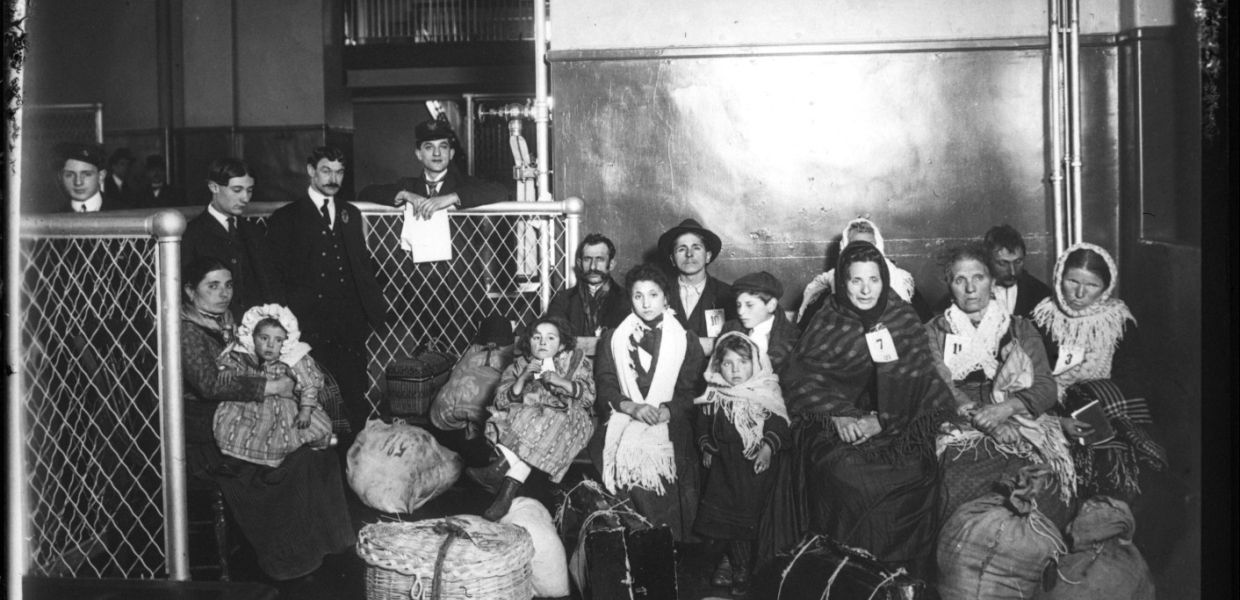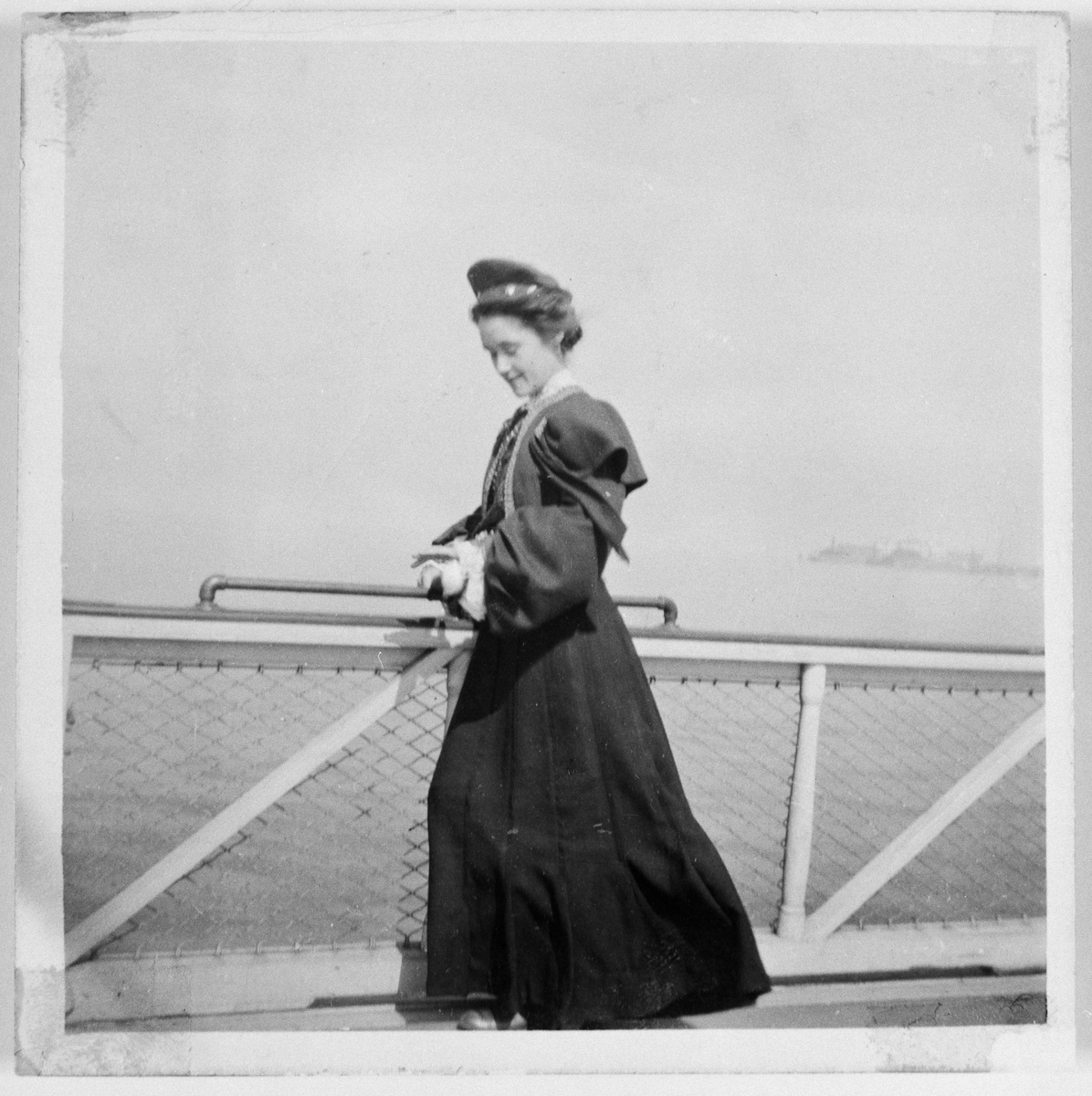Announcing Europeana Migration, a collaborative project focused on the cultural heritage of migration
As the international community is observing International Migrants day, we tell you more about Europeana’s next campaign led across borders and generations

- Title:
- Emigrants attendant d'être examinés, Agence Rol, National Library of France, Public Domain
- Institution:
- National Library of France
- Copyright:
- Public Domain
International Migrants Day was proclaimed by the United Nations in December 2000. At a time when the word ‘migrant’ is often accompanied by the word ‘crisis’, we at Europeana are focusing our 2018 activities on gathering and enriching Europe’s cultural heritage relating to migration in cooperation with museums and the people of Europe.
Making Europe richer
From folklore and traditions to visual arts, our cultural heritage shows us that the Europe we inhabit today is the result of a flow of people and ideas, and that migration is woven through our everyday lives. As a pan-European campaign encouraging us all to think of migration differently, Europeana Migration will promote values of diversity and inclusivity: in looking at migration to and from Europe historically, we’ll show that how the geographical moving of people has made culture richer, and even more than that, that migration is intrinsic to what it means to be European.
There are countless examples of famous immigrants whose artistic and scientific works made a huge contribution to their immediate society: illustrious scientist and artists Albert Einstein, Piet Mondrian and Victor Hugo are some of them. An article entitled ‘Making Europe: Cultural heritage campaign to show migration is part of the European identity’, published in Cartaditalia, tells you more about their personal journeys and contributions to cultural heritage.
Our thematic collection, Europeana Migration, will bring together collections dedicated to the theme of migration to, from and within Europe. An alpha version is already online, gathering just under 200,000 objects from more than 750 museums, galleries, libraries, audio-visual archives and archives across Europe. Throughout 2018, our intention is to build this collection by improving and adding content from cultural heritage institutions across Europe. New content will be sourced and digitised via partners in the Migration in the arts and sciences project, dedicated migration museums, our network of existing Europeana data providers, and new providers. Does your organisation hold collections relating to migration? Read more on how you can contribute your collections!
Collections days across Europe
Launched in December 2017 at the European Culture Forum, the campaign will provide many opportunities for the public to get involved and share their own stories. From spring 2018, a series of collection days will begin. The first will take place at the House of European History, Brussels, and further events will continue in migration museums, libraries and archives across Europe. The events will invite members of the public to contribute personal memorabilia telling stories from their own lives and their family history. These contributions will live alongside the resources from institutions collections across Europe in the Europeana Migration Collection.

Ingeborg Johnsson, who emigrated to America in 1901 Nordiska museet, Stockholm Public Domain
Online activities
From photos to films and letters to artworks, these digitised artefacts will tell genuine stories of migrants, unveiling the personal and human side of migration waves. Building up a thematic collection of digital content related to the topic of migration, these resources will be available for free for anyone to use for work, learning or pleasure. European citizens, across borders and generations, will be encouraged to explore the material already held in Europeana through online galleries, but also to contribute their own content and join conversations on social media with the hashtags #EuropeanaMigration and #EuropeForCulture .
The cultural sector and migration
To shine a light on other initiatives showing the cultural sector’s response to this topic, we have our Mapping Migration in the Arts blog series. Kicking off the series, an interview with director of the Paphos International Film Festival introduced us to The Alien Trail, a four-part project bringing awareness of the refugee and migrant population in Cyprus.
by Camille Tenneson
